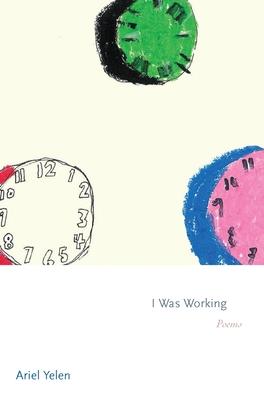
description
mas Pynchon's most human book. Its main characters are richly drawn, and they center the narrative. Yet the novel is also packed with historical allusions and an eighteenth-century vernacular that some readers may find difficult to navigate. A "Mason & Dixon" Companion offers this navigation line by line, unpacking Pynchon's puns, his many references, and his pet themes. Brett Biebel provides a contextual map, episode-by-episode summaries, and page-by-page annotations explaining allusions, defining obscure vocabulary, and illuminating the book's major themes. The goal is to help readers work their way through a difficult yet remarkably rewarding novel from one of American literature's most significant writers. In a voice that's both relaxed and informed, the Companion illuminates what Harold Bloom called "Pynchon's late masterpiece." It crystallizes the prescience of Mason & Dixon, situating the novel within Pynchon's broader oeuvre, while being fun to read in its own right.
member goods
No member items were found under this heading.
Return Policy
All sales are final
Shipping
No special shipping considerations available.
Shipping fees determined at checkout.







